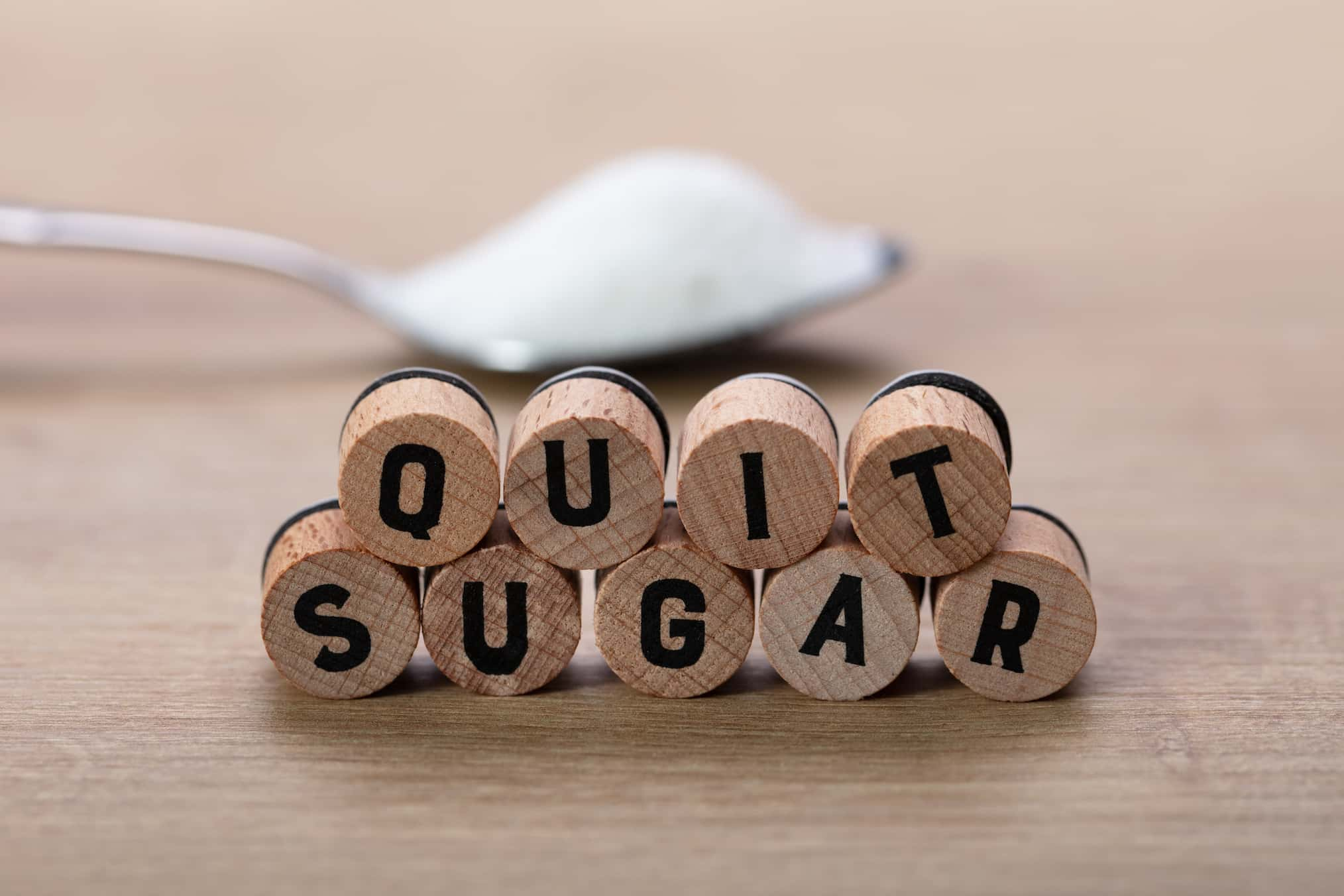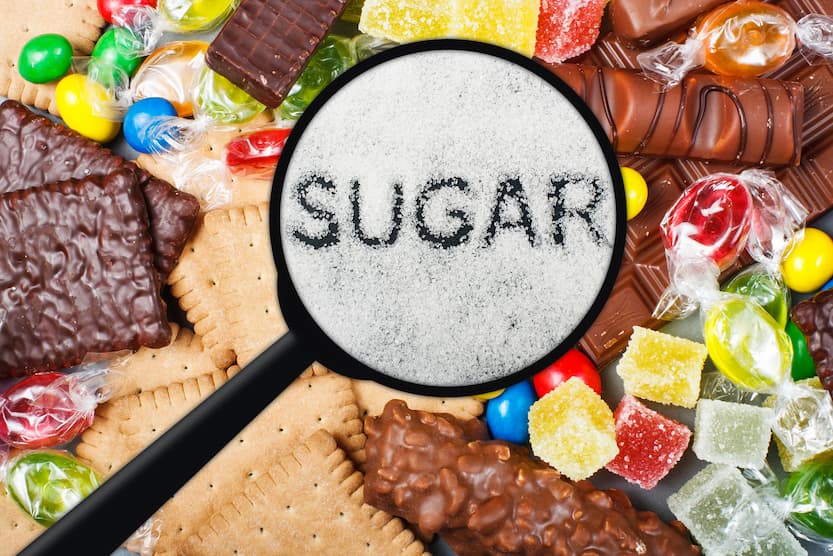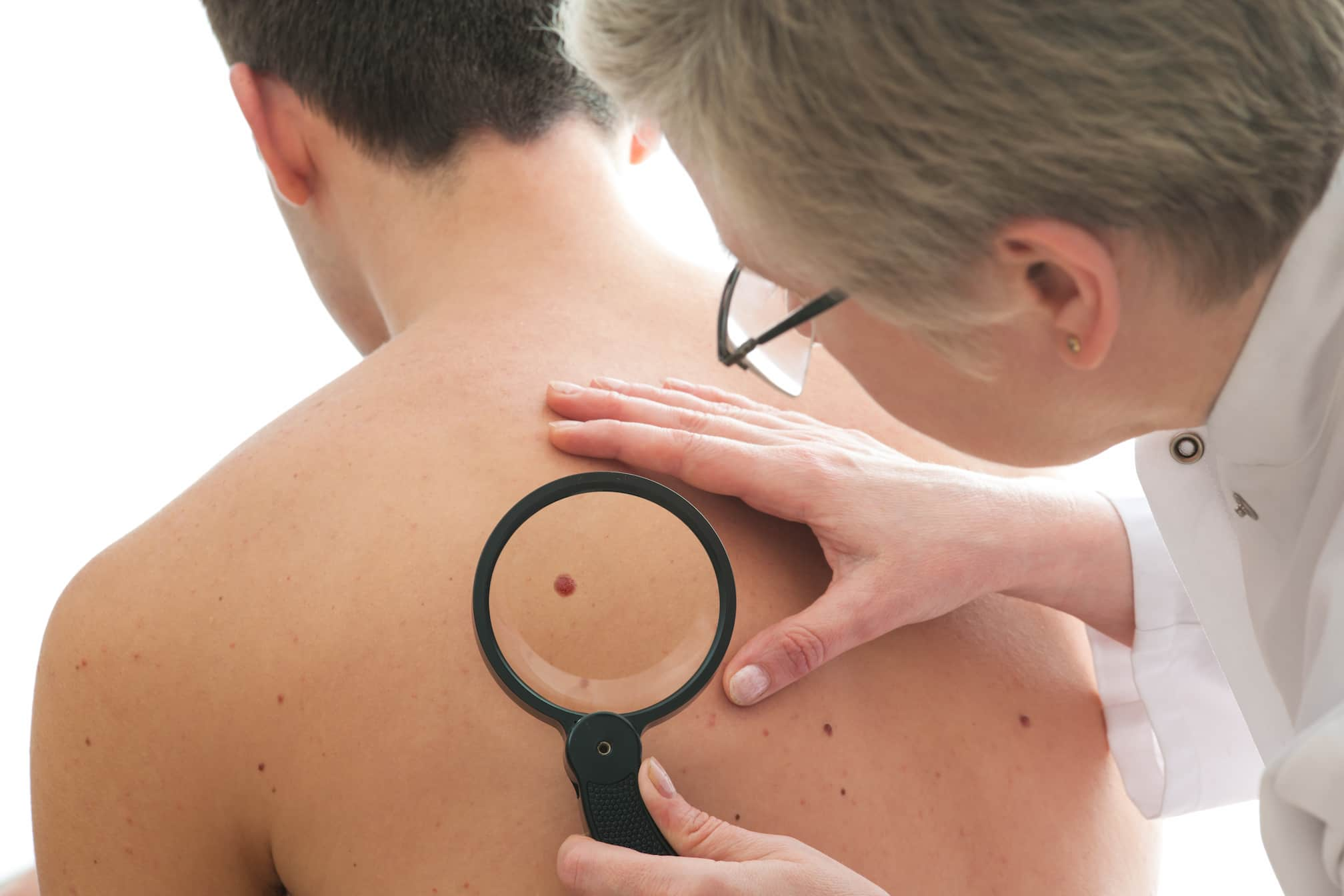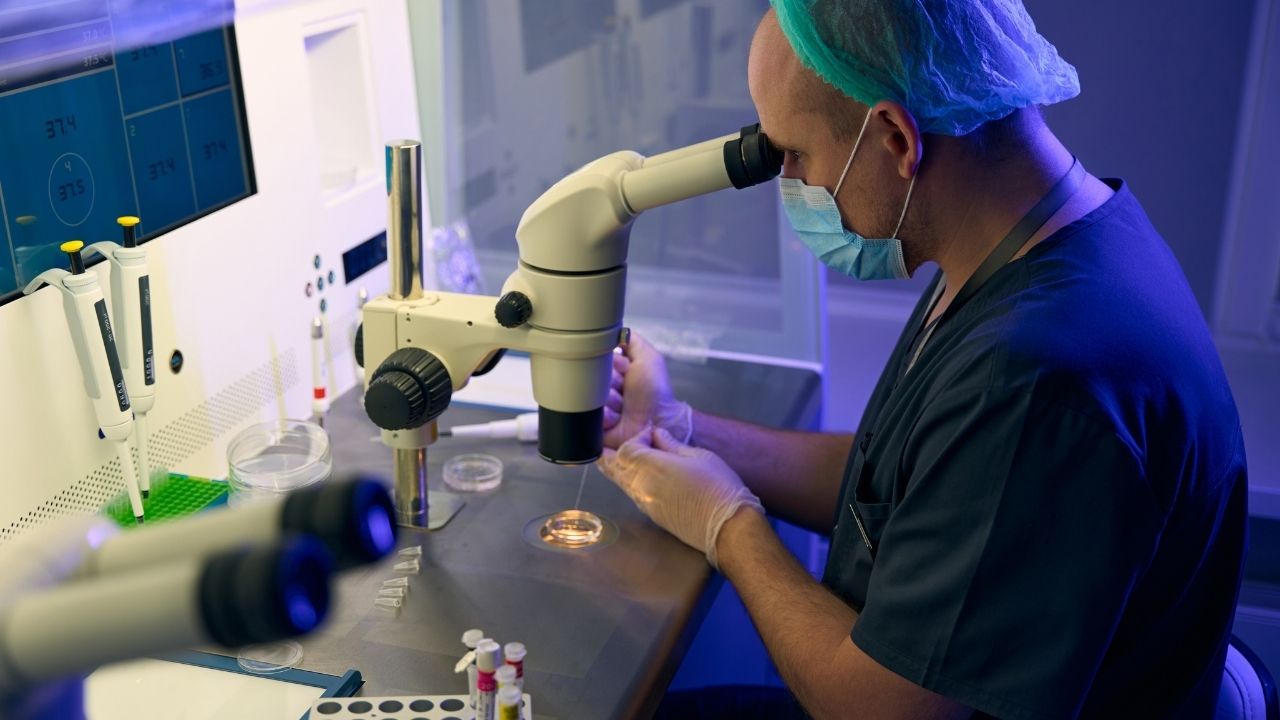
Does Sugar Feed Cancerous Cells?
Cancer is a complex disease that is influenced by a variety of factors, including diet and lifestyle. One dietary factor that has been the subject of much debate is sugar. It is often said that sugar feeds cancer cells, leading to their growth and spread. However, the relationship between sugar and cancer is not straightforward, and there are many factors to consider when examining this connection.
In recent years, there has been an increasing interest in the relationship between sugar and cancer, fueled in part by studies that suggest a link between high sugar consumption and cancer risk. This has led many people to question whether they should limit their sugar intake to reduce their risk of developing cancer or support their cancer treatment. However, the relationship between sugar and cancer is complex, and there is still much we do not know.
In this article, we will explore the connection between sugar and cancer and answer some of the most common questions about this topic. We will examine whether sugar causes cancer, how sugar feeds cancer cells, and what is considered a healthy sugar intake. We will also provide tips on how to cut down on free sugar and how to spot hidden sugar in food. Finally, we will discuss the benefits of a low-sugar diet for cancer prevention and treatment.
By the end of this article, you will have a better understanding of the relationship between sugar and cancer and how to make informed dietary choices to reduce your risk of cancer or support your cancer treatment.
Does Sugar Cause Cancer?
The question of whether sugar causes cancer is a complex one. While it is often said that sugar feeds cancer cells, leading to their growth and spread, the relationship between sugar and cancer is not straightforward. In fact, there is no evidence to suggest that sugar directly causes cancer. However, excessive sugar consumption can increase the risk of developing certain types of cancer.
One way that sugar may increase cancer risk is by contributing to obesity. Obesity is a risk factor for many types of cancer, including breast, colon, and pancreatic cancer. High sugar consumption can lead to weight gain and obesity, which in turn can increase cancer risk.
Another way that sugar may increase cancer risk is by promoting inflammation in the body. Chronic inflammation is a risk factor for many types of cancer, and sugar consumption can contribute to inflammation in the body. This is because sugar can increase insulin levels, which can lead to inflammation.
While sugar itself does not cause cancer, it can fuel the growth and spread of cancer cells. Cancer cells have a high demand for energy, and sugar provides a quick source of energy that cancer cells can use to grow and multiply. In addition, sugar consumption can lead to insulin resistance, which can promote the growth of cancer cells.

What is the Connection Between Cancer and Sugar?
As previously mentioned, cancer cells require glucose to grow and divide. When there is an excessive amount of glucose in the body, it can stimulate the growth of cancer cells. Additionally, high sugar intake can lead to inflammation, which can create an environment that is favorable for the growth and spread of cancer cells.
One study conducted on mice found that a diet high in sugar increased the growth and spread of breast cancer cells. The study also found that when the mice were put on a low-sugar diet, the growth and spread of the cancer cells slowed down.
What is Considered a Healthy Sugar Intake?
According to the World Health Organization (WHO), adults should consume no more than 10% of their daily calorie intake from free sugars. Free sugars are sugars that are added to food and drinks by the manufacturer, cook, or consumer, as well as those that are naturally present in honey, syrups, and fruit juices.
For an average adult, this equates to around 50g or 12 teaspoons of sugar per day. However, the WHO recommends that further reduction to below 5% or around 25g (6 teaspoons) per day would provide additional health benefits.
It is important to note that many processed foods contain hidden sugars, so it is crucial to read food labels carefully. Some common sources of hidden sugar include breakfast cereals, yogurts, granola bars, and soft drinks.
How Can I Cut Down on Free Sugar?
Reducing your sugar intake can be challenging, but it is possible. Here are some tips on how to cut down on free sugar:
Choose whole foods: Opt for whole, unprocessed foods such as fruits, vegetables, and whole grains instead of processed snacks and desserts.
Read food labels: Look for hidden sources of sugar on food labels, such as high-fructose corn syrup, glucose, fructose, and sucrose.
Drink water instead of sugary drinks: Replace sugary drinks such as soft drinks and fruit juices with water or unsweetened tea.
Choose low-sugar options: Choose low-sugar options when available, such as sugar-free yogurt or low-sugar breakfast cereals.
The Study of Sugar Feed Cancer
Recent research published in the Journal of Cancer Research and Clinical Oncology in 2019 conducted a comprehensive review of the relationship between sugar consumption and cancer risk. The study analyzed data from multiple epidemiological studies and clinical trials. While the findings didn’t establish a direct causative link between sugar and cancer, they did highlight the potential role of high sugar consumption in increasing the risk of specific cancer types. The study recommended that reducing sugar intake could be a beneficial dietary strategy for cancer prevention and treatment.
Spot Hidden Sugar in Food
As previously mentioned, many processed foods contain hidden sugars. Here are some common sources of hidden sugar:
Sauces and dressings: Many sauces and dressings, such as ketchup, barbecue sauce, and salad dressings, contain high amounts of sugar.
Breakfast cereals: Many breakfast cereals are high in sugar, even those marketed as “healthy” options.
Granola bars: Granola bars are often marketed as a healthy snack option, but they can contain high amounts of sugar. Look for options that are low in sugar or make your own at home.
Flavored yogurt: Flavored yogurt can contain a significant amount of added sugar. Opt for plain yogurt and add fresh fruit for sweetness.
Fruit juices: While fruit juice may seem like a healthy choice, it can be high in sugar. Instead, choose whole fruits or dilute your juice with water.
Sugar and Cancer
While sugar itself does not cause cancer, there is evidence to suggest that excessive sugar consumption can increase the risk of developing certain types of cancer. Additionally, sugar can fuel cancer cell growth and spread. Therefore, it is recommended to limit sugar intake for cancer prevention and treatment. Opting for whole foods, reading food labels, and choosing low-sugar alternatives can help reduce sugar consumption.




